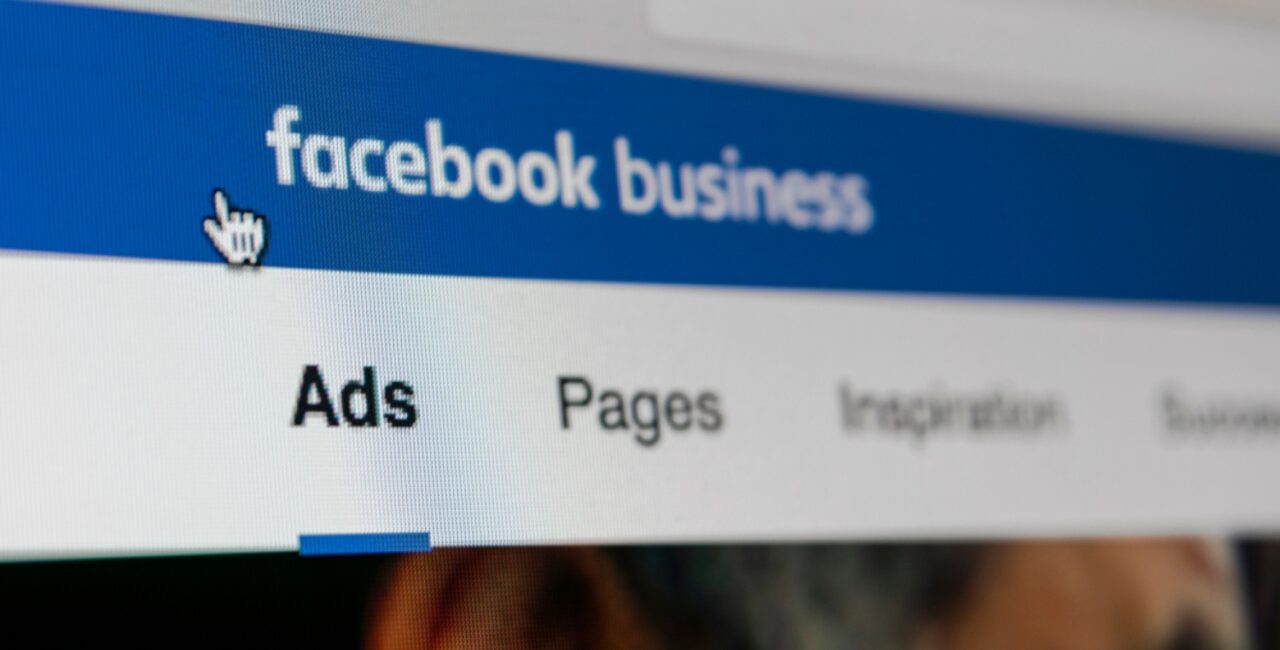When businesses use Facebook ads, they want to ensure they’re reaching the correct audience, as personalized advertising is the best way to provide your product or service to the right people at the right time.
Meta—Facebook’s freshly-renamed parent company—has recently released a statement about their new ad policy changes. This ad policy change aimed to lessen the number of sensitive categories advertisers could use to target their audiences.
So why did Meta decide to change Facebook’s ad policies? What do these changes entail? And what do they mean for the future of advertisers and their personalized targeting?
Amidst Reputation Problems
Facebook has long faced backlash for its various harmful practices, especially post the release of the Facebook Papers. These new policy changes may be in response to many of them or simply fix some of the major problems users are exposed to, such as misinformation or outright lying.
Starting in early 2022, it plans to remove the detailed targeting practices that aim at politics, health issues, sexual orientation, or religious affiliation. These specific changes are in an effort to remove targeting for topics that “people may perceive as sensitive,” as Meta goes on to explain in their release statement.
However, they quickly add that this has nothing to do with demographic information and that all other targeting aspects will remain intact or expanded upon. Furthermore, Facebook ads will remain personalized, but they will no longer allow advertisements to promote sensitive topics, regardless of the goal of the ad, positive or negative.
How This Might Affect You & Your Company
Targeting will still broadly cover thousands of audience types despite these coming changes; much of Facebook’s ads’ changes have more to do with sensitive topic advertising and stopping the spread of misinformation rather than stifling any sort of commerce or services.
With over 2.9 billion active monthly users, Facebook ads for all types of businesses and services make it one of the most crucial social media platforms for advertisers. Luckily, the removal of sensitive topic targeting doesn’t affect the more significant majority of business advertising.
Suppose it does affect your company somehow; in that case, there are many great ways to continue targeting your audience in a way that doesn’t have anything to do with religion, health causes, political affiliation, or sexual orientation. As Facebook continually tries to expand its personalized user experience, advertisers will reap the benefits.
So from focusing on people’s ages, locations, or other demographic information, you will still have plenty of Facebook ad targeting options to meet your key audience where they are most.
Facebook Ads for Every Business
Facebook has frequently evolved its practices to meet the needs of businesses large and small; that way, everyone can reach the audience they want. However, sometimes Facebook ads can be confusing, overwhelming, or time-consuming. Many Facebook marketing professionals understand this and want to help!
If the news of Meta’s Facebook ads policy changes has you worried about what to do next, never hesitate to reach out for help and see what ways you can streamline your Facebook marketing strategy.


